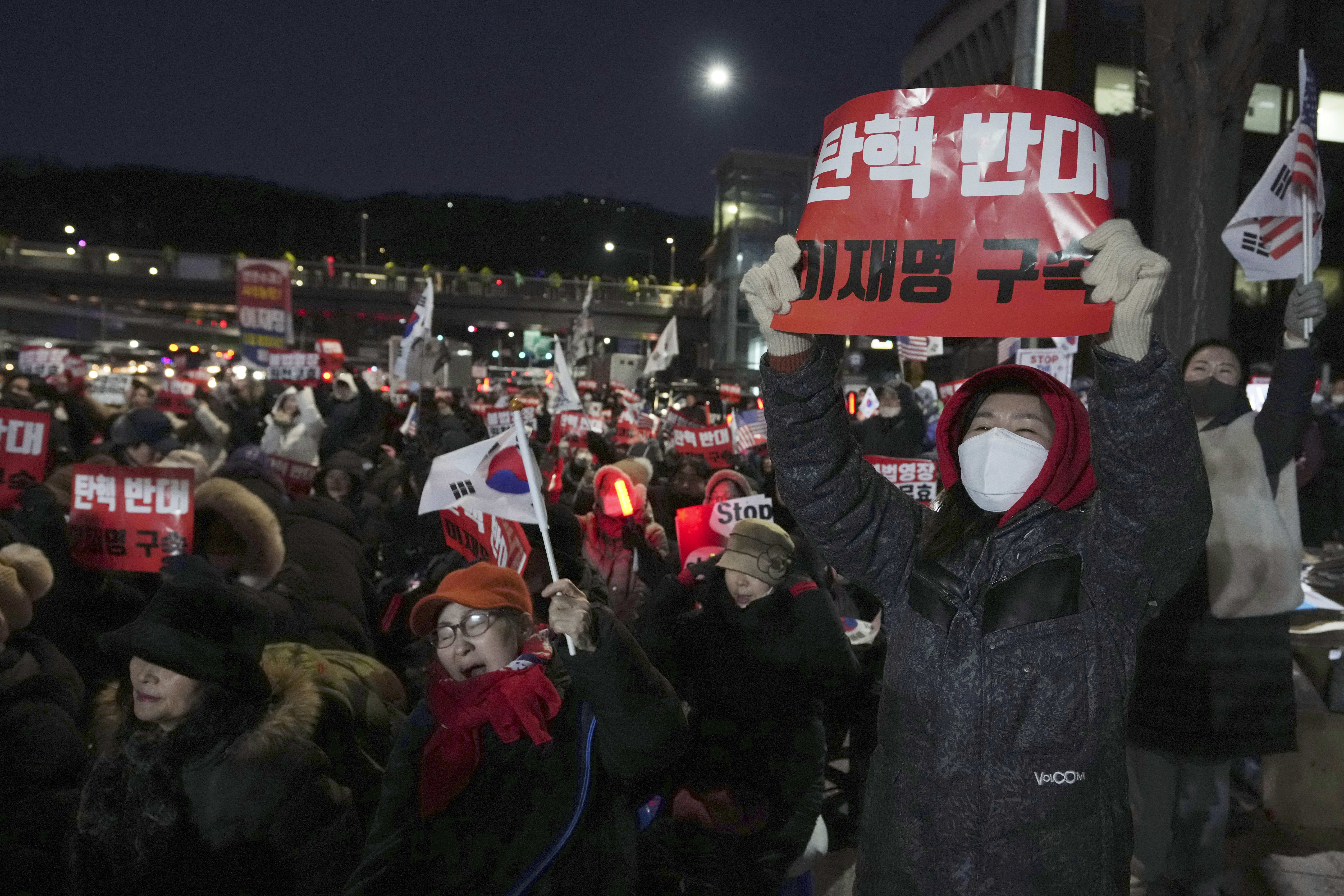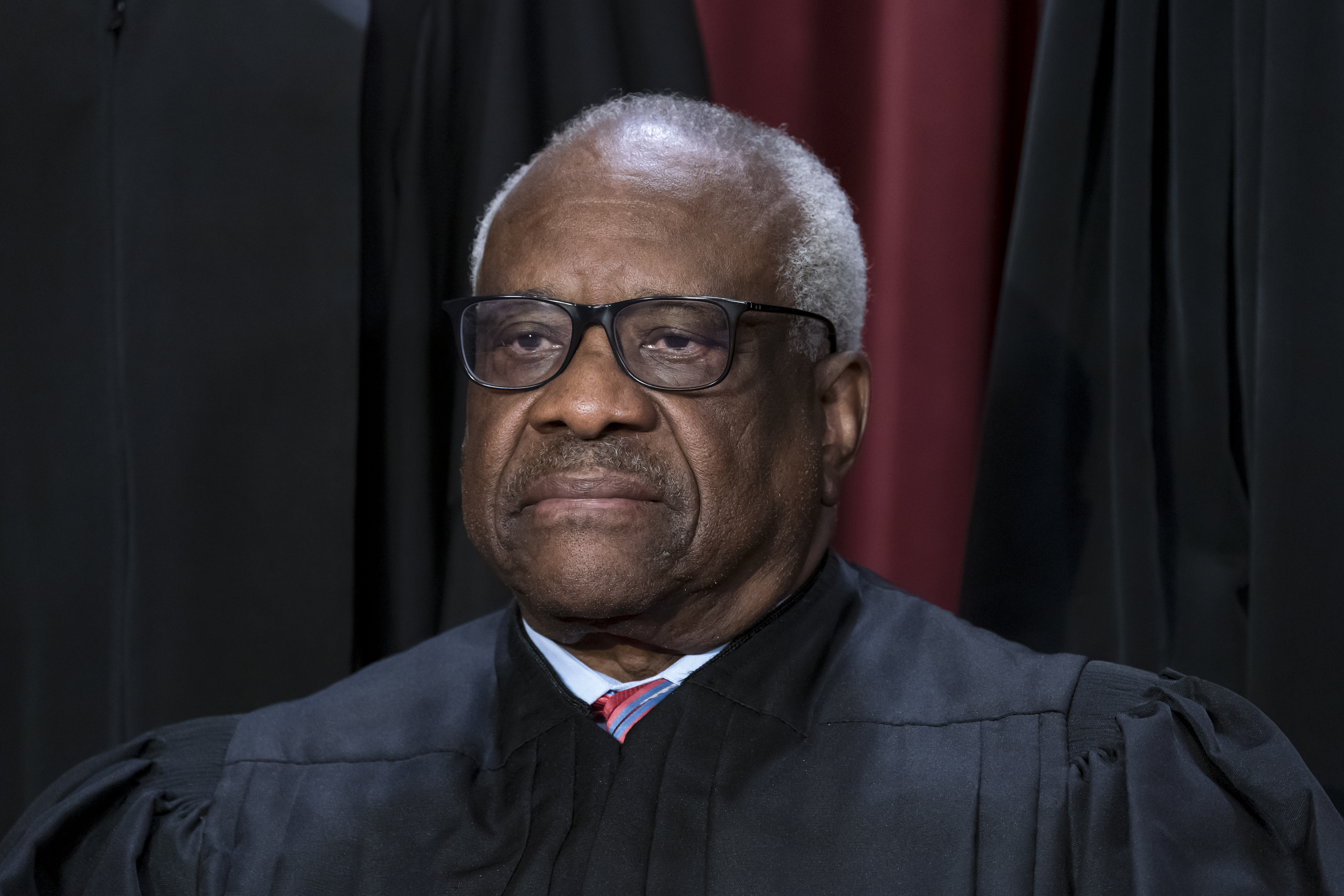
Israeli Prime Minister Benjamin Netanyahu's visit to Washington this week is looming as a fraught one between the two allies, coming at a moment of extreme political flux in the United States, and wariness among American leaders about Netanyahu's history of interjecting himself into U.S. domestic politics.
The main purpose of Netanyahu's visit is a speech to a joint meeting of Congress. But at stake, in meetings with administration officials, are hopes for progress in U.S.-led efforts to mediate an end to the nine-month Israel-Hamas war. The visit comes as the toll of Palestinians killed in Israeli strikes in Gaza nears 40,000. It's also in a week when new deaths were reported among the surviving hostages — who include Israelis, Americans and other nationalities — held by Hamas and other militants since the first hours of the war.
Netanyahu planned his trip weeks before the ground abruptly started heaving under U.S. politics this summer. That includes a July 13 assassination attempt against Republican presidential nominee Donald Trump, and President Joe Biden’s decision Sunday to give up his faltering reelection campaign and endorse Vice President Kamala Harris for the presidency instead.
Protests are planned for Netanyahu's planned speech to both houses of Congress on Wednesday.
Get Tri-state area news delivered to your inbox.> Sign up for NBC New York's News Headlines newsletter.
A look at the visit:
Why Netanyahu is coming
The political aspect for Netanyahu is that his popularity has plummeted at home, and the visit — at least originally — was seen as giving him a chance to show himself as a global statesman, welcomed by the lawmakers and leaders of Israel's closest ally and the world's only superpower.
U.S. & World
House Speaker Mike Johnson helped bring about Netanyahu's address to lawmakers, highlighting firm Republican support for the Israeli leader. Netanyahu has had tense relations with Biden despite the administration's military and diplomatic support for Israel's war.
Biden and Netanyahu are expected to meet Thursday, according to a U.S. official who spoke on condition of anonymity ahead of the White House announcement. Harris will meet with Netanyahu separately. It was still uncertain Monday if he would meet with Trump.
Speaking for the White House side of things, national security adviser Jake Sullivan said at a security conference in Colorado last week that Biden planned to focus on working out what it will take for the United States, Israel and others to get a hostage-release and cease-fire deal done in the coming weeks.
Biden called in to a meeting of campaign staffers Monday, telling them, “I think we’re on the verge” of ending the war.
For his part, Netanyahu pointed to longer-term issues before flying out of Israel Monday. He said he wanted to talk to Biden about continuing the war against Hamas, and confronting other Iran-backed armed groups in the region, as well as freeing hostages.
Why Netanyahu's visit is controversial
Israel’s war has been intensely divisive in the United States, spurring protests and resulting in arrests on college campuses, alienating some voters on both sides of the issue, and frustrating months of effort by Biden to bring the fighting to a close.
The trip is the first time Netanyahu has traveled abroad since the war broke out Oct. 7. It's also his first since the International Criminal Court said it was seeking his arrest in what it said were possible war crimes in Israel's offensive in Gaza. Israel denies wrongdoing, and the U.S. does not recognize the ICC.
Netanyahu faces complaints in Israel that he is avoiding closing a cease-fire and hostage-release deal so as to stay in power, a charge repeated Monday by a relative of one hostage.
Netanyahu also has not been shy about criticizing Democratic administrations, including Biden's. In 2015, the Israeli leader used a speech to both houses of Congress to try to torpedo lawmaker and popular support for President Barack Obama's nuclear deal with Iran. He condemned it as a bad and dangerous deal, angering administration officials.
Sullivan said administration officials don't expect this week to be a repeat of 2015.
Netanyahu's timing
It appears bad. Even as Netanyahu was headed for Washington on Monday, American politics and voters were still adjusting to the abrupt shift of focus from Biden to Harris in the Democratic presidential race. Biden was still in Delaware getting over COVID-19.
Harris, meanwhile, is due to be away Wednesday, on an Indianapolis trip scheduled before she became the leading Democratic presidential candidate over the weekend.
Biden plans to meet with Netanyahu this week, according to a person familiar with his schedule who was not authorized to comment publicly. The exact timing is still unclear. Harris also plans to meet with Netanyahu this week, according to the White House.
Israeli media reported Netanyahu had also asked for a meeting with Trump, but there was no immediate word of one. Trump has had a mixed relationship with Netanyahu, including cursing him for what Trump portrayed as Netanyahu's quick recognition of Biden's victory in the 2020 elections.
Protests are planned
Netanyahu's joint address to Congress will look a bit different from previous such addresses, in part due to opposition among Democrats to his conduct of the war in Gaza.
Harris, as Senate president, normally sits behind the foreign leaders, but she'll be away. Senate Pro Tempore Patty Murray, a Washington Democrat, is next in line to fill that seat, but said she was among the lawmakers declining to attend. Senate Foreign Relations Chairman Ben Cardin will sit there instead. He told The Associated Press he hoped Netanyahu would use the speech to lay out a future for both Israelis and Palestinians.
While families of some hostages were reported to be traveling with Netanyahu, other relatives who fault his handling of the crisis said they would also be sitting in the chamber.
Some lawmakers who planned to boycott the address said they would spend the time talking with the families of those held by Hamas.
Multiple protests are planned outside the Capitol, with some condemning the Israeli military campaign overall, and others expressing support for Israel but pressing Netanyahu to strike a cease-fire deal and bring home hostages.
The largest protest is set for Wednesday morning, with organizers planning to march around the Capitol building demanding Netanyahu’s arrest on war crimes charges. A permit application submitted to the National Park Service estimated at least 5,000 participants.
Smaller protests are planned Tuesday evening and throughout the day Wednesday, including a prayer vigil outside Union Station near the Capitol. Relatives of Israeli hostages are planning a vigil on the National Mall.
Security is tight
Fencing was up around the hotel along the Potomac River where Netanyahu is staying and uniformed security were screening workers and others at the hotel complex. It's part of rigid security in Washington for the Israeli leader's visit.
The Metropolitan Police Department has announced an extended series of street closures that will last most of the week.
The visit will serve as a high-profile test for the Secret Service, which handles protection of visiting foreign leaders. That's as the agency's chief was being grilled by lawmakers Monday over what she acknowledged were serious security failures in the attack on Trump earlier.
___
Associated Press writers Aamer Madhani and Zeke Miller in Washington and Josef Federman in Jerusalem contributed to this report.



